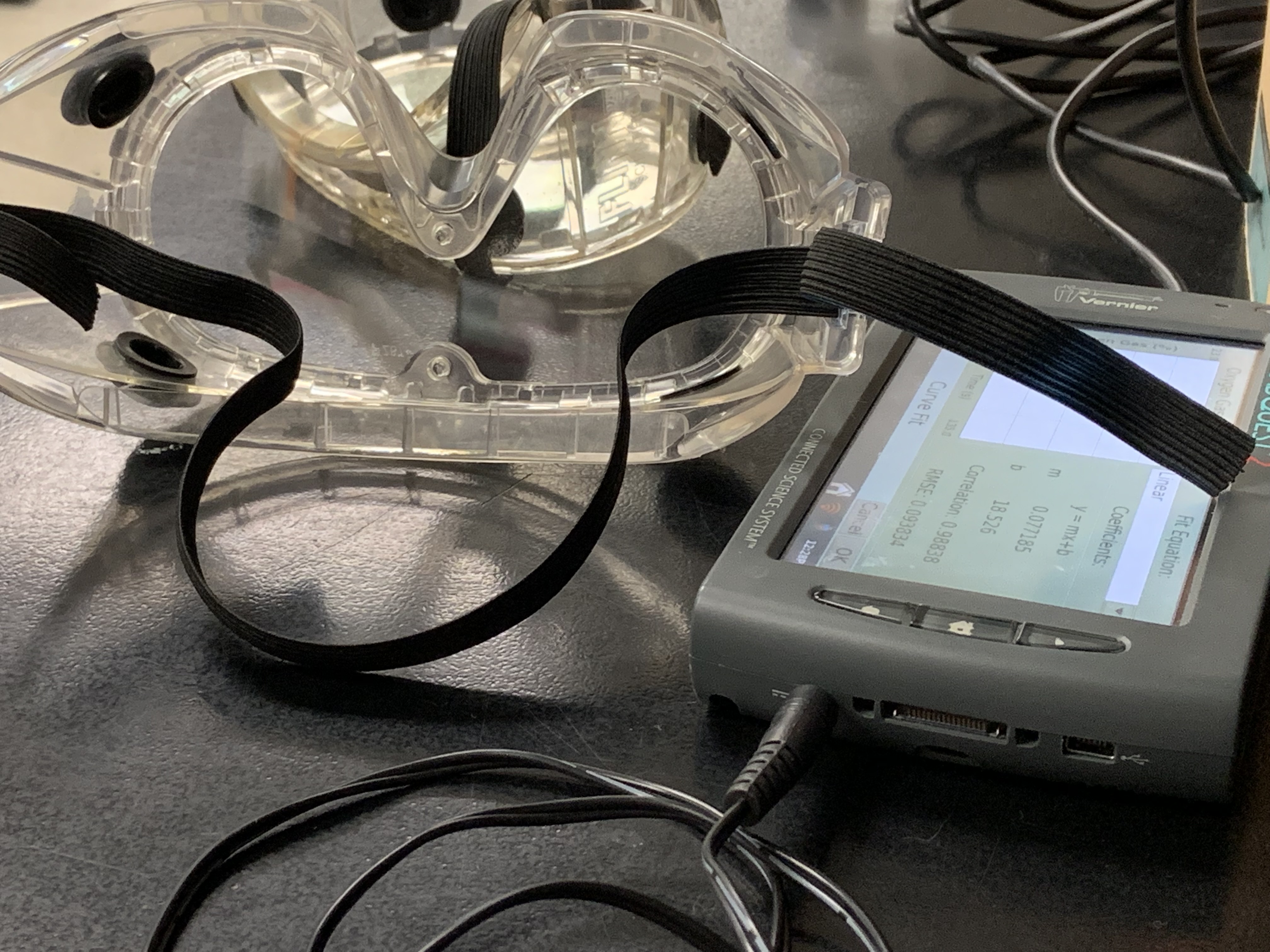The Minnesota Department of Education (MDE) proposes changes to Earth Science Course Graduation Requirement and the eliminating the ability for Career and Technical Education and Ag Science to fulfill a required science credit.
The draft of the 2019 K-12 Science Standards, approved by the Education Commissioner, includes seven pages of detailed benchmarks in 9-12 Earth and Space Science. This represents a large increase over the current Minnesota K-12 Academic Standards in Science (2009) This change is significant, because “schools must offer and students must achieve all benchmarks for an academic standard to satisfactorily complete that state standard.” (MS 120B.023)
Minnesota Education Commissioner Mary Cathryn Ricker and MDE have been clear that they seek to change the Graduation Requirements (MS 120B.024) to eliminate the science elective credit and replace it with a required Earth and Space Science Course. They also propose to require one credit of P.E. in 9-12 and state standards K-12, in place of locally determined standards. (HF 3186/SF 3393)
Impact on Students
MREA and its members have concerns about the impact of this change on students. MREA surveyed Minnesota school superintendents to gain their feedback and will share it with legislators during a hearing at the State Capitol Complex this week.
Superintendents shared the importance of creating systems that meet the individual needs of all students, and how adding more specific course requirements runs counter to this philosophy. More requirements reduce student choice in all schools and that is magnified in small schools that are already limited in the number of distinct course offerings they can provide.
- Nearly half of 160 high schools and districts responding in Greater Minnesota report that students currently can earn required science credit in Ag Science and CTE courses, according to an MREA survey to superintendents last week.
- Those schools reported that on average 30 percent of their students were fulfilling their science credit requirement with one or more Ag Science or CTE courses. Some of the more popular courses were Food Chemistry and Animal Science.
Losing the ability for an agriculture science or career and technical education credit to fulfill the elective science credit hinder students from exploring their own educational interests and different opportunities in different career fields.
An Alternative
MREA has proposed an alternative Science Graduation Requirement that has been shared in a formal memo to Commissioner Ricker, House Education Policy Chair Cheryl Youakim and Alex Luizzi, executive director of the Professional Educator Licensing and Standards Board (PELSB).
It includes the following:
- One credit of life science and two credits of chemistry, physics, earth and space science or engineering, technology and the applications of science.
- Students who successfully earn three science credits would satisfy the state’s science academic standards.
Engineering, Technology, and the Applications of Science is one of the four Core Disciplinary Ideas in the 2019 K-12 Science Standards Draft. MREA’s alternate proposal elevates this Core Disciplinary Idea to the same status as Physical, Life and Earth and Space sciences without adding any additional standards and benchmarks, restores elective choices for students, and maintains the role of CTE and Ag Education in science standards education.
This will both elevate earth and space science and continue the ability of Ag Science, CTE and other applied science courses such as environmental science, and pre-medical career courses to fulfill the three credit requirement in science. Students will learn science at the standards level and have choices to direct their learning.
Schools districts will have the ability to provide courses so students can be career and college ready. Agriculture is a major Minnesota industry and of interest to rural communities and students.
Survey Snapshot
In other survey results from the 160 responding school districts:
- 44% of high schools and districts report that students currently can earn required science credit in Ag Science and CTE courses
- 81% already require one or more credits of PE in 9-12
- 19% who did not express concerns spoke about a lack of gym space, and the effects of this increase on other electives including CTE and the arts
- 26% reported no concerns regarding state standards in the arts replacing local standards
- 74% expressing concerns asked what were the reasons for this change and the difficulty in offering three arts areas in smaller rural high schools





